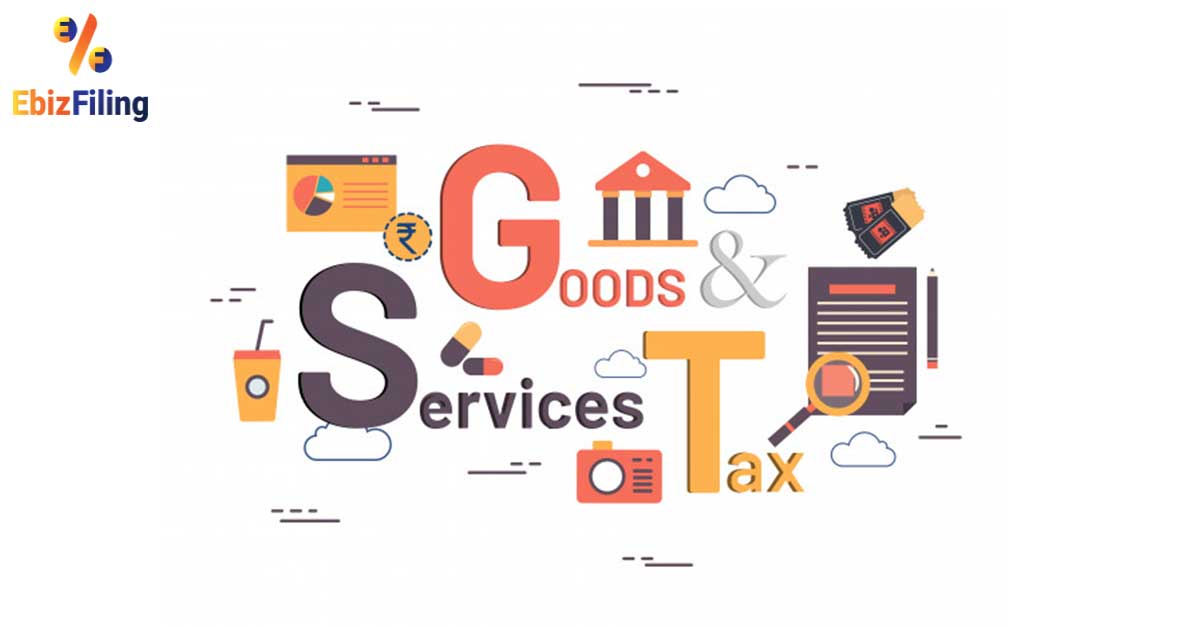CFO Account & Services: Your Relied On Partner for Hassle-Free GST Registration in Singapore
CFO Account & Services: Your Relied On Partner for Hassle-Free GST Registration in Singapore
Blog Article
From Beginning To End: A Thorough Overview of GST Enrollment and Just How to Effectively Register Your Company
Navigating with the complex process of GST enrollment can be a crucial step for any type of company aiming to develop compliance and authenticity in the marketplace. Why choose CFO Account & Services for GST registration in Singapore. From understanding the fundamental concepts of GST to meeting the eligibility standards and collecting the needed paperwork, the journey in the direction of successful registration can often appear like an overwhelming job. Nevertheless, with the right advice and understandings, companies can streamline this process and unlock the benefits that come with being a signed up entity.
Comprehending GST and Its Importance
Understanding the Item and Provider Tax Obligation (GST) and its relevance is vital for companies operating in economic situations where this taxation system is executed. By enabling companies to claim input tax obligation credit scores on the tax paid on acquisitions, GST makes certain that taxes are calculated only on the worth included at each stage of the supply chain.
Moreover, GST promotes conformity and openness in the tax routine, decreasing tax obligation evasion and increasing federal government revenue. It simplifies tax administration and compliance for businesses by giving an usual system for tax obligation filing and payment. Generally, a complete understanding of GST is crucial for services to properly navigate the complexities of the tax obligation system and make certain conformity with the regulation.
Eligibility Requirements for GST Registration
To sign up for GST, companies have to satisfy details qualification requirements detailed by the tax authorities. The main requirement for GST enrollment is that business's accumulated turnover exceeds the threshold set by the federal government, which differs by state. Since the existing guidelines, organizations with a yearly turn over of Rs. 40 lakhs or even more in many states have to register for GST. For companies running in hilly areas and northeastern states, the threshold is Rs. 20 lakhs. In addition, specific organizations, such as those involved in inter-state supply of services or items, informal taxed persons, and non-resident taxable individuals, are required to register for GST despite their turn over.
Moreover, organizations involved in providing goods or services through e-commerce platforms are additionally mandated to register for GST, irrespective of their turn over. Services that were registered under the previous tax program, such as VAT, excise duty, or service tax, must transition their enrollment to GST. Abiding by these eligibility requirements is crucial for organizations seeking to abide with the GST laws and stay clear of any type of penalties for non-compliance.
Documents Required for GST Enrollment
When getting GST enrollment, businesses have to ensure they have all the needed documents in order to complete the process efficiently and successfully. The crucial documents required for GST registration include proof of business enrollment or consolidation such as the Certificate of Unification, partnership act, or enrollment certificate. Furthermore, businesses her latest blog need to give proof of address for the major workplace, which can be supported by documents like an energy expense or a rental contract.
Moreover, documents validating the identity and address of the companions or marketers associated with business, such as frying pan card, Aadhaar card, or key, are necessary for GST enrollment. Checking account declarations or canceled cheques showing the name of the organization, account, and address number are additionally compulsory to validate the savings account details supplied throughout registration.
Making sure all the essential records are in order and readily offered will certainly simplify the GST enrollment process and assistance businesses stay clear of delays or difficulties.
Online Registration Process for GST

After completing the form, supporting records require to be published as per the standards provided. These documents typically include proof of service enrollment, address evidence, financial institution declarations, and identification evidence of the company owner. It is vital to make sure that all files are clear, legitimate, and published in the specified style to stay clear of hold-ups in the enrollment process.
Once the application and papers are submitted, businesses can track the standing of their GST registration online. If there are no issues or extra information required, the GST enrollment certificate will be provided electronically, marking the effective completion of the on-line registration procedure.
Post-Registration Conformity and Tips

Services must remain updated on any kind of adjustments in GST regulations, prices, or compliance treatments to make required modifications immediately. Seeking expert aid from tax professionals or accountants can likewise help organizations browse complex GST conformity demands effectively.
Conclusion
To conclude, the procedure of GST enrollment is essential for services to abide check this site out by tax guidelines and run lawfully. By understanding the eligibility standards, collecting the essential files, and completing the on the internet enrollment procedure, services can successfully register for GST. It is essential to stay certified with post-registration needs and look for professional assistance when required to make certain smooth operations.
Companies that were signed up under the previous tax routine, such as VAT, import tax task, or service tax, must change their registration to GST. The vital records needed for GST registration include proof of company registration or incorporation such as the Certification of Unification, collaboration deed, or enrollment certification.Upon effective completion of the GST registration procedure, organizations have to immediately stick to post-registration compliance needs to maintain regulative compliance and ensure smooth operations.In final thought, the procedure of GST enrollment is necessary for services to conform with tax obligation regulations and run legally. By understanding the eligibility criteria, collecting the needed papers, and finishing the online enrollment procedure, companies can successfully register for GST.
Report this page